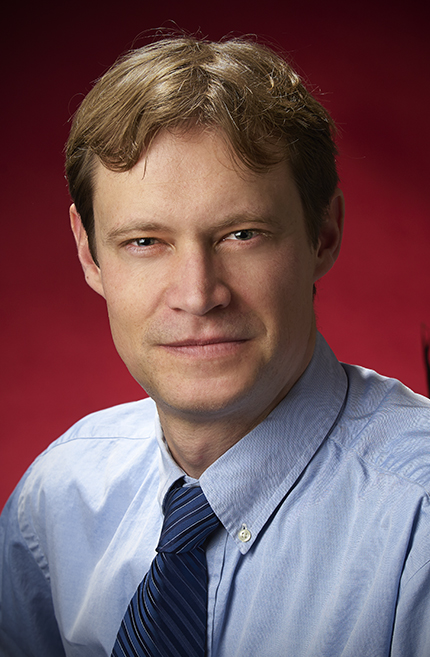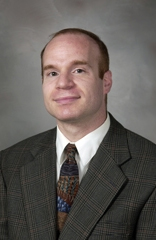ARCHIVED: NOT AVAILABLE FOR CREDIT
Pancreatic Endoscopy and Rapid on Site Evaluation by Cytopathology
Endoscopic ultrasound (EUS)- guided fine needle aspiration (FNA) has become they mainstay for the diagnostic evaluation and pancreatic masses. With the improved resolution of EUS, patients can now get a definitive diagnosis of pancreatic lesions without having to undergo a formal excisional operation, thus circumventing the risks associated with a major operation (such as general anesthesia). When coupled with rapid onsite evaluation (ROSE) by cytopathology there is opportunity for institutions to maximize their diagnostic adequacy for these FNA specimens. This lecture will highlight factors that can help determine whether an institution can expect a significant positive impact from utilizing ROSE for their EUS-guided FNAs of solid pancreatic lesions. In addition, by using a case-based format, we will discuss the benefits of ROSE in terms of optimizing FNA specimens from the pancreas. Particular focus will be made on intra-procedural communication with the performing endoscopist, with insights from a gastroenterologist who has over 10 years of experience with EUS-guided FNAs of the pancreas.
Originally published on May 05, 2015
Lecture Presenters
 | Benjamin L. Witt, MD Associate Medical Director, Cytopathology and Surgical Pathology |
Dr. Witt is a medical director of the Cytopathology Laboratory at ARUP, an assistant professor of cytology and surgical pathology at the University of Utah School of Medicine, where he serves as the residency rotation director for cytopathology, and a member of the University of Utah Medical Education Committee. Dr. Witt received his MD at the University of Colorado Denver, School of Medicine and completed his AP/CP pathology residency at the University of Chicago (NorthShore) where he served as the chief resident during his last two years. He also completed a cytopathology fellowship at the University of Utah/ARUP Laboratories, and is board certified in anatomic and clinical pathology, with subspecialty boards in cytopathology. Dr. Witt is a member of the College of American Pathologists, the American Society for Clinical Pathology, and the American Society of Cytopathologists. His research interests include quality assurance as well as studies related to fine-needle aspiration and exfoliative cytology.
 | Douglas G. Adler MD, FACG, AGAF, FASGE Director of Therapeutic Endoscopy |
Douglas G. Adler, MD, FACG, AGAF, FASGE received his medical degree from Cornell University Medical College. He completed his residency in internal medicine at Beth Israel Deaconess Medical Center/Harvard Medical School. Dr. Adler completed both a general Gastroenterology fellowship and a therapeutic endoscopy/endoscopic retrograde cholangiopancreatography fellowship at Mayo Clinic in Rochester, Minnesota. He then returned to the Beth Israel Deaconess Medical Center for a fellowship in endoscopic ultrasound. Dr. Adler is currently an Associate Professor of Medicine and Director of Therapeutic Endoscopy at the University of Utah School of Medicine in Salt Lake City. He is also the GI Fellowship Program Director.
Working mostly out of the School of Medicine’s Huntsman Cancer Institute, Dr. Adler’s clinical, educational, and research efforts focus on the diagnosis and management of patients with gastrointestinal cancers, with an emphasis on therapeutic endoscopy. He is the author of more than 250 scientific publications and book chapters and has published 4 books on gastroenterology including “Colonoscopy: Core Concepts”, “Curbside Consultation in GI Cancer for the Gastroenterologist: 49 Clinical Questions,” “Self Expanding Stents in Gastrointestinal Endoscopy,” and “The Little GI Book: An Easily Digestible Guide to Understanding Gastroenterology.”
Objectives
After this presentation, participants will be able to:
- Understand the potential diagnostic impact of rapid on site evaluation (ROSE) with regard to EUS-guided FNAs of the pancreas.
- Utilization of the aspirate specimen for proper ancillary studies.
- Effectively communicate intra-procedurally to the performing gastroenterologist.
- Gain insight into the perspective of the gastroenterologist.
Sponsored by:
University of Utah School of Medicine, Department of Pathology, and ARUP Laboratories
 Site Search
Site Search

